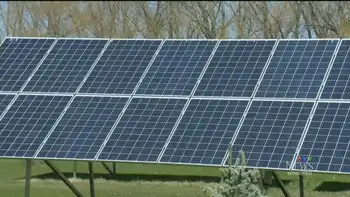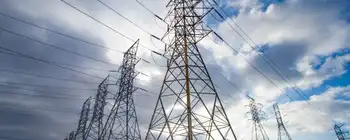Hydro One selects
As part of the pilot Hydro One will be testing a range of technologies in support of the overall program. Suppliers chosen for this work include: Enbridge Commercial Services, Itron/Cannon, OZZ/Nertec, Redline Communications and Capgemini.
Smart meters measure how much electricity is used and when. Smart metering technologies also provide advanced billing capabilities, outage notification and can link meters to other conservation and electricity demand management programs. In early March, Hydro One issued a Request for Proposal (RFP) for supply of product, service and pricing for smart meters, telecommunications and downstream processing including automated meter reading, meter management, retail settlements and customer billing as well as integration to the company's Customer Information System.
"Hydro One is the first to roll out a major pilot of smart meter technology in Ontario. We are proud to be leading the way in advancing the Ontario Government's smart meter policy," explained Executive Sponsor Les McKay. "We're very pleased with the response to our RFP, and the quality of suppliers. We're confident the team we have assembled will deliver high value in helping us assess the effectiveness of smart meters in Ontario." McKay also thanked local distribution companies London Hydro, Barrie Hydro, Kitchener Wilmot Hydro, Enwin Utilities and Hydro One Brampton for their participation and valuable input. They will continue to provide input as the program moves forward.
The first meters will be delivered to Hydro One on April 27th with the first installations scheduled for May 2, 2005.
Related News

Melting Glass Experiment Surprises Scientists by Defying a Law of Electricity
LONDON - A team of scientists working with electrical currents and silicate glass have been left gobsmacked after the glass appeared to defy a basic physical law.
If you pass an electrical current through a material, the way that current generates heat can be described by Joule's first law. It's been observed time and time again, with the temperature always evenly distributed when the material is homogeneous (or uniform).
But not in this recent experiment. A section - and only a section - of silicate glass became so hot that it melted, and even evaporated. Moreover, it did so at a much…




